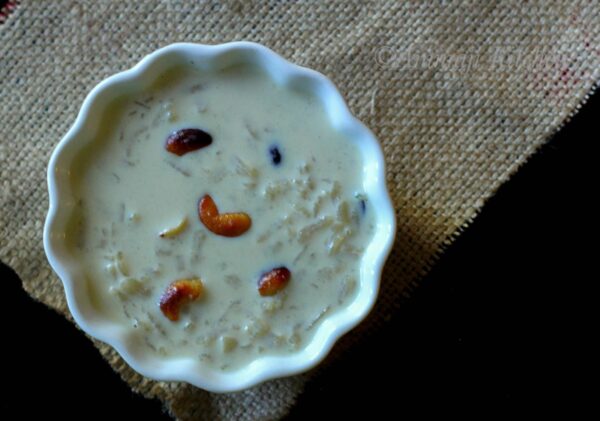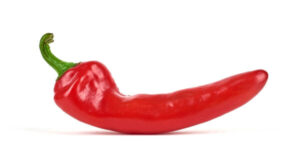Last updated on June 25, 2016
Indian cuisine may be known internationally for its spice, but it is also renowned for its sweets. Not just the mithai kind either. But one kind of sweet is savoured more than others, in fact it is adored so much it is deemed to be the dish of the gods. The dish is known as Payasam. It is intrinsic to Indian culture and features heavily in many religious festivals and offerings across southern India.
Its history is long. But first – what is it?
The word ‘payasam’ comes from the word ‘peeyusham,’ which roughly translates to ‘ambrosia’ – the food of the gods. It is made mostly of rice and milk – holy foods in India. Rice has been a dominant dish in the Indian diet since the Harappa’s traded with Thai tribes. In fact rice is so fundamental, in Sanskrit it translates to the same word for food – ‘anna.’
In the south, jaggery features heavily, as do nuts and dried fruit. For special occasions, saffron is included in the recipe and at other times cardamom and cloves are too, creating a distinctive Indian flavour. What results is like no rice pudding we have ever tried – this smooth, decadent and velvety dish truly is good enough for the gods to want to indulge in.
But just how did payasam become irrevocably tied to the deities?
The legend goes that, long ago, Lord Krishna took the form of an old sage and challenged India’s king to a game of chess. The wager went that if the sage should win, he would get an amount of rice for each square of the chessboard, each pile having double the amount of the previous one. The king agreed. He was arrogant in his self-belief and did not think he could be beaten – he was ready to wager his kingdom or wealth, he was that sure.
But sure enough he was beaten. The king soon realised that the few grains of rice he thought he had promised actually amassed to over 18 trillion tons, a debt that he said he could not pay off. At once the great Krishna appeared, revealing his true form and demanding his payment. He demanded that, in the temple of Ambalappuzha, payasam should always be served freely to pilgrims, the homeless, those seeking shelter and anyone entering the temple seeking peace of mind.

This tradition stands today. Pilgrims from all over India are still greeted with payasam upon arrival at the glorious and ancient temples of Ambalappuzha. From here the legend becomes further intermeshed with Hindu culture. In some parts of Southern India, traditions still dictate that a wedding is not fully blessed until payasam is served.
In religious festivals, payasam is one of the main dishes offered to the gods and it features heavily in the Kerala feast (sadya). Its exciting and tasty variations can be found across India, but it can also be found in London’s best Indian brasseries. Try it for yourself and we promise, you will be one step closer to Swarga Loka.

















Be First to Comment